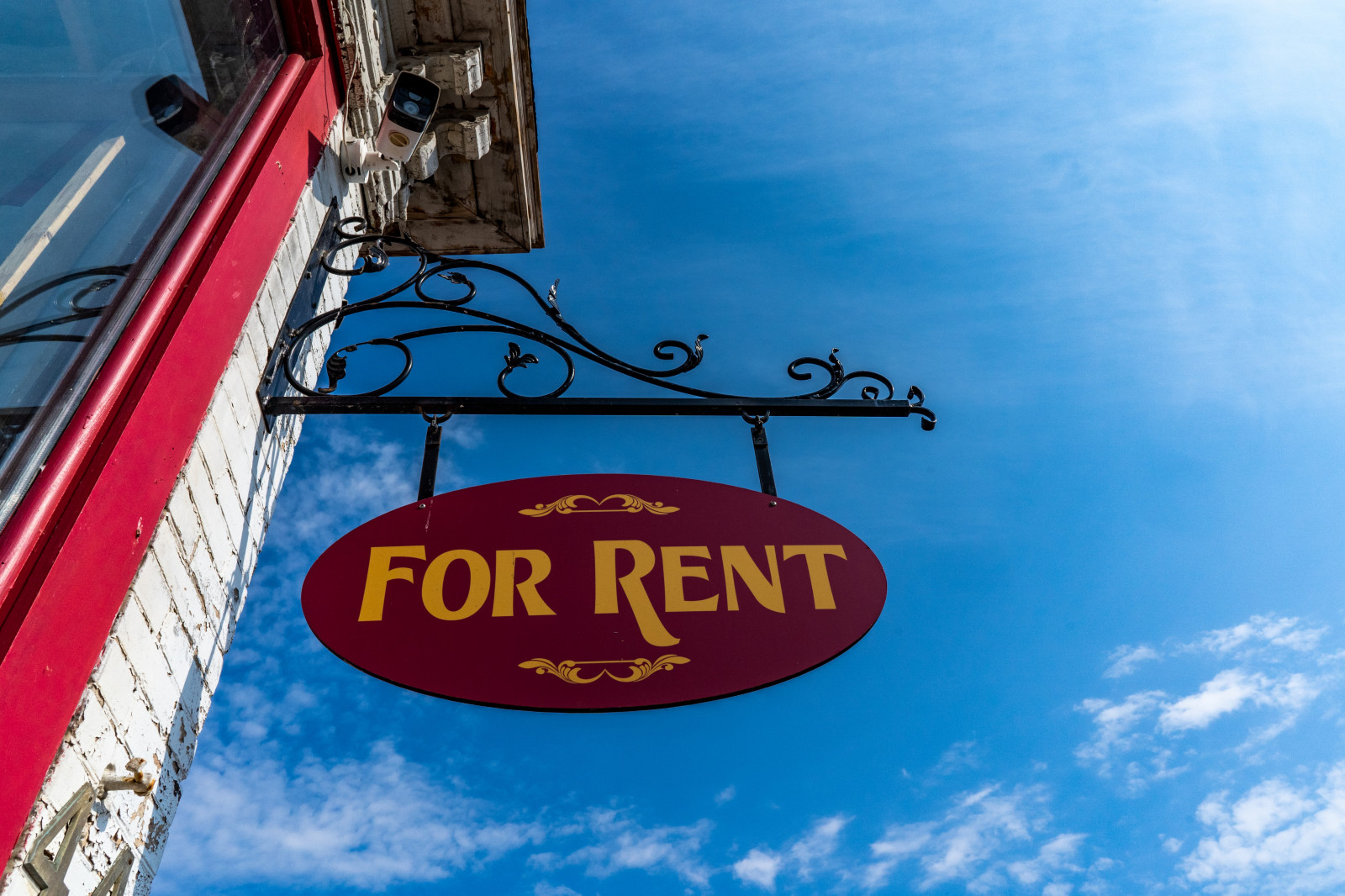Elon’s Twitter bid is a warning: creators are building on rented land

Photo: Chris Robert

In the creator economy, creators earn money by going direct-to-fan, cutting out traditional middlemen. But it is a misconception that this model gets rid of middlemen entirely. Rather, platforms are becoming the new gatekeepers, power brokers, and fan enablers.
If creators did not realise this reality before, they sure are waking up to it now. Elon Musk’s bid to buy Twitter is the latest example of how the platforms on which creators have spent hours, weeks, months, and maybe even years building businesses can shift form overnight — whether through an acquisition, pivot, or outright shutdown. This leaves creators in a more vulnerable position than they may realise.
Platform power leaves creators vulnerable
Imagine you are a Twitter personality with 30,000 followers, and you have made this into your business. You earn money through Super Follows, your Revue newsletter, and tips, and frequently host Spaces to bring in new subscribers. Now imagine that Musk’s purchase goes through (perhaps unlikely, but bear with us here). He decides to change the algorithm to serve content based on geographic proximity, give everyone who asks for it a blue check mark, automatically delete any account that does not post at least once a day, and change the name to Tessler. You disagree with these changes. What can you do?
You can migrate your followers over to a different platform, but there is nothing quite like Twitter, and a good chunk of your followers will not make the jump. As you are mulling over your next move, Musk shuts Twitter down. Now, not only have you lost your followers and your income, but you have lost any way to recover your followers’ information, data about your account, etc.
Featured Report
Social 2025 Navigating platforms for fan power
The biggest apps are in the process of disruption. TikTok’s uncertain future and Meta’s apps relaxing content restrictions and fact checking will constitute greater challenges for creators, advertisers, and audiences looking to use and benefit from these platforms.
Find out more…Every time a platform pivots, changes its algorithm, or comes under new ownership, creators are left vulnerable. Of course, sometimes, change can be good. But more often than not, today’s creators are learning this lesson the hard way. Epic Games’ takeover of Bandcamp left some artists “overnight…faced with a crisis about whether to stay on the platform”. Each time Instagram has switched its algorithm between chronological and “favourites”-based, influencers go into crisis mode. Thousands of Etsy sellers are currently on strike to protest the company’s 30% transaction fee hike. The reality is that creators are building their audiences, and livelihoods, on rented land.
There is no one clear solution, but several options
Creators are navigating uncharted territory. Some creator groups have tried to use their leverage to pressure platforms, as in the case of Etsy. Another potential route is to unionise. However, none of these solutions are easy, nor are they guaranteed to work.
This is why the decentralisation of Web 3.0 is so attractive to many of today’s creators. In this model, platforms would be collectively owned and governed by creators and communities themselves, spelling the end of platform monopolies. Sure, this comes with its own challenges (are we sure the majority knows best?). But for some, it is preferable to leaving the fates of their businesses in the hands of a small number of executives, whose interests may not always align with their own.
There is another Web 2.0 solution: for creators to build their own platforms. Perhaps the best model is to maintain a presence on both open and owned platforms, since both ultimately have pros and cons. Open platforms have built-in audiences and require almost nothing to get started, but leave artists vulnerable to changes; while owned platforms give artists security and creative control, but are harder to build audiences on and have high upfront time / effort costs.
Whatever the model, two things are clear: creators need to understand that they are building on rented land, and platforms need to understand that, as this awareness grows, it may push creators further away.

The discussion around this post has not yet got started, be the first to add an opinion.